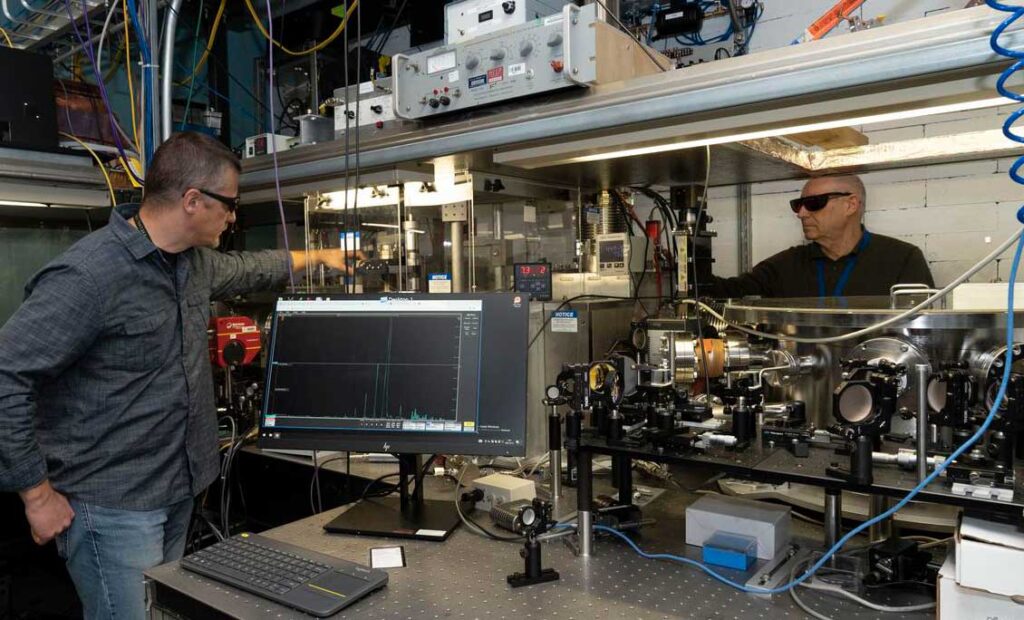Accelerator technologies are proving essential for improving the performance and efficiency of modern devices in the rapidly evolving field of power electronics. Erik Hosler, an expert in semiconductor innovation, highlights the importance of these technologies in shaping the future of power electronics. Through advanced methods like ion implantation and free-electron lasers (FELs), materials such as Gallium Nitride (GaN) and Silicon Carbide (SiC) are now playing a pivotal role in electric vehicles, renewable energy systems, and high-efficiency power devices.
Ion Implantation: Boosting the Capabilities of GaN and SiC
Power electronics need materials like GaN and SiC for high voltages, frequencies, and extreme temperatures. Ion implantation enhances these materials’ properties at the atomic level, improving performance and reliability in demanding applications like EV chargers and renewable energy converters. By precisely controlling the doping process, ion implantation allows manufacturers to fine-tune electrical properties, resulting in more efficient power conversion. This level of control is crucial for applications that require high power density and energy efficiency, such as electric vehicles and industrial power systems.
Advanced Light Sources for Quality Control
Free-electron lasers help power electronics by detecting defects in materials like GaN and SiC, ensuring that only high-quality materials are used. This non-invasive analysis reduces waste and boosts device reliability.
As Erik Hosler explains, “Working with new materials like GaN and SiC is unlocking new potential in semiconductor fabrication. Accelerator technologies provide the tools needed to develop these materials at scale, ensuring their integration into mainstream chip production.” This integration is essential for industries that rely on high-efficiency power devices, including electric vehicles and renewable energy systems.
The Growing Demand for Power Electronics in Key Industries
The demand for power electronics continues to rise, particularly in industries like electric vehicles and renewable energy, where efficiency and performance are critical. Materials like GaN and SiC, enhanced by accelerator technologies, are meeting this demand by offering better thermal conductivity, higher voltage handling, and improved energy efficiency.
As these industries continue to grow, the role of accelerator technologies in power electronics will expand, enabling the development of devices that are not only more efficient but also more reliable and sustainable.
Accelerator technologies are revolutionizing power electronics by enabling the development of advanced materials such as GaN and SiC. These technologies are essential in meeting the increasing demand for high-efficiency devices in electric vehicles, renewable energy systems, and beyond. As innovations in accelerator-based processes continue to evolve, their impact on the future of power electronics will remain significant.


